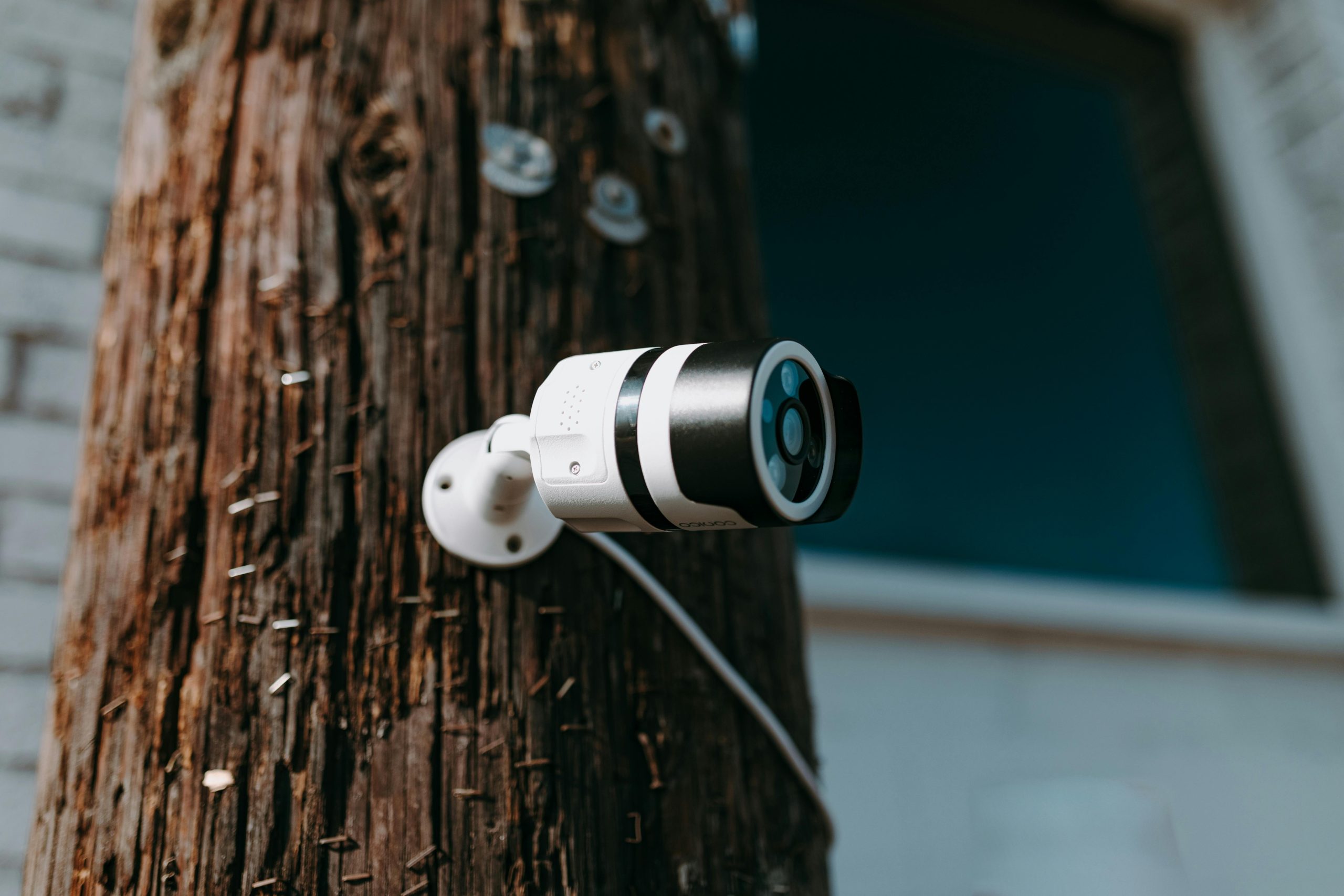What Are Your Next Steps After a Rear-End Collision with an Uninsured Driver? A Guide for Vehicle Owners
Experiencing a collision on the road can be stressful, especially when the at-fault driver lacks insurance and proper registration. If you’ve recently been rear-ended by an uninsured and unlicensed motorist, understanding your options and rights is crucial. Here’s a comprehensive look at how to navigate this situation effectively.
Scenario Overview
Recently, I was involved in a minor rear-end collision. The other driver lacked a valid license and insurance, and there was minimal damage—just a scratch on the rear bumper. The incident occurred on a Saturday, and the driver expressed a preference to settle privately rather than go through insurance channels.
What I Have:
- Video footage of the incident, including the license plate, and images of the driver and passenger
- Photos documenting the damage to my vehicle
- Contact details: phone number of the driver and a photo of the passenger’s ID
Since local body shops are closed on weekends, obtaining a repair quote isn’t immediately possible. My insurance provider is GEICO, and I have collision coverage.
Important Questions and Considerations
-
Timing for Claims and Private Settlement
-
Am I required to submit a claim by a specific deadline?
- Can I notify GEICO about the accident today and advise them that I am contemplating a private settlement without incurring a claim immediately?
Typically, insurance policies have reporting deadlines, often within 24-48 hours, but it’s best to review your specific policy. Notifying GEICO promptly is advisable, but clarify whether doing so might automatically start a claim or if you can hold off until you have a repair estimate.
-
Eligibility for Deductible Waiver
-
Given that the at-fault driver is uninsured, am I eligible for a collision deductible waiver under GEICO’s policies?
Many insurers offer deductible waivers in cases where the at-fault driver has no insurance, but this can vary. Contact GEICO directly to confirm your eligibility and understand the necessary documentation.
-
Impact on Future Insurance Premiums
-
Even though you weren’t at fault, could this incident negatively influence your insurance premiums?
Generally, when you are not at fault and can provide sufficient evidence, your premiums should not be adversely affected. However, insurance companies may consider previous claims or incidents, so staying informed is important.
Recommended Actions
- Obtain a repair estimate from a licensed body shop



